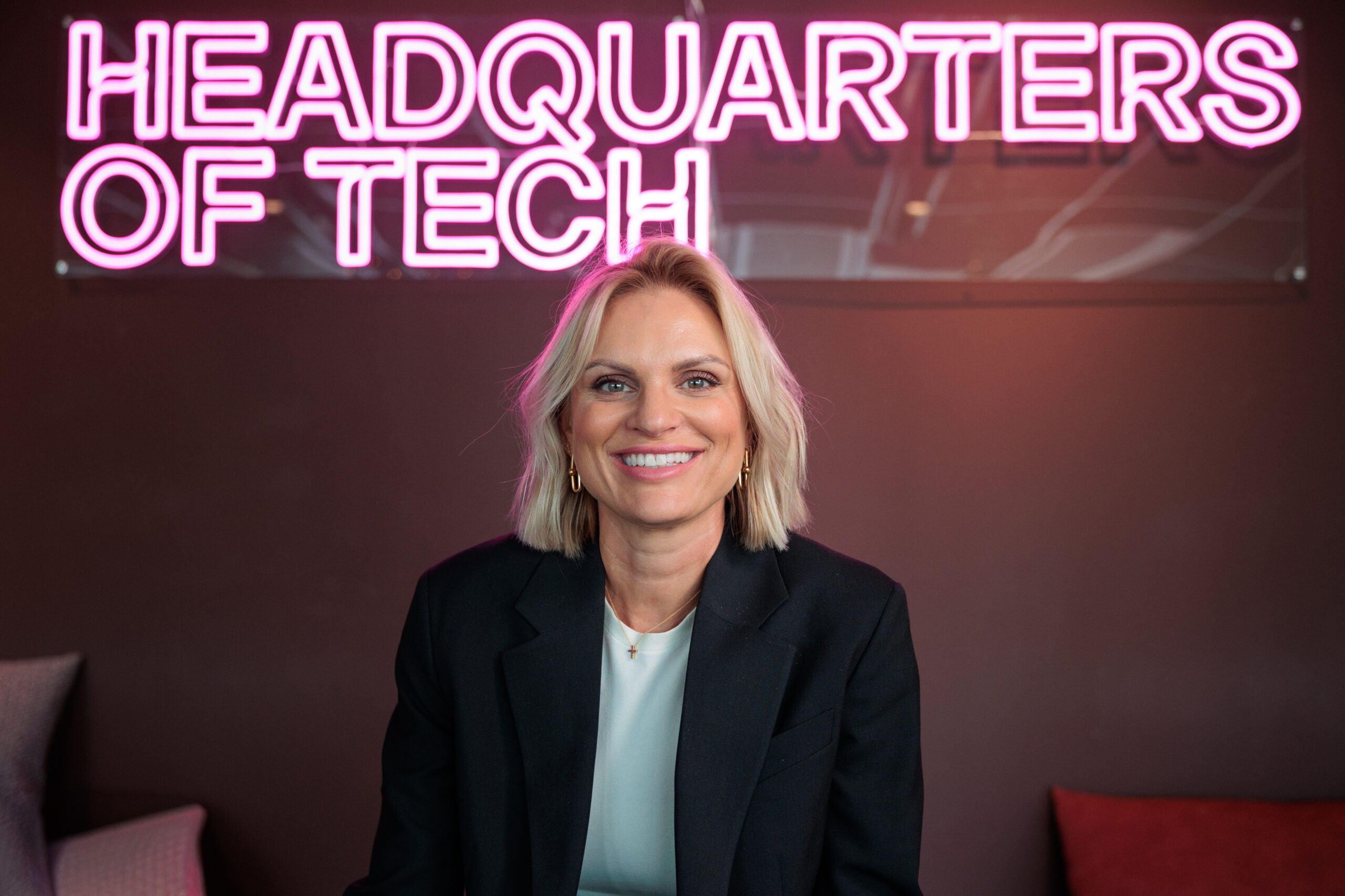AI sets a new standard for banks’ fraud prevention
AI sets a new standard for banks’ fraud prevention
Fraud is evolving at a rapid pace, and banks must keep up. Digital criminals are using automation, synthetic identities and even deepfakes to bypass systems. With today’s threats, traditional methods and manual controls are no longer enough.

At HiQ, Sofie Perslow, Head of AI, and Pernilla Rönn, Head of Cybersecurity, both see that AI is about to change almost everything in the next phase.
“AI has become a cornerstone in the fight against banking fraud. It can analyze enormous amounts of data, detect anomalies and flag risks before the effects are visible. It’s not only about stopping a suspicious transaction, but about understanding the bigger picture, from a loyal customer suddenly behaving unexpectedly to sophisticated networks acting in coordination,” says Pernilla Rönn.
The technological shift has taken banks from being reactive to becoming proactive, with AI driving a new era of data-driven risk management.
“The big shift is that we can now move from reacting to fraud after it happens to predicting and stopping it before any damage is done. AI gives banks a completely new type of proactivity,” says Sofie Perslow.
AI solutions: methods and challenges
To keep up, banks are using different forms of machine learning. Supervised learning helps identify known patterns, while unsupervised learning can reveal risks previously hidden. In research and development, reinforcement learning and federated learning are being tested, though they are not yet standard in larger production systems. At the same time, synthetic data is becoming increasingly important for training models, especially where real fraud data is hard to access or too sensitive to use.
“But AI is not just something you plug in and run. Regulation, ethics and competence are challenges that must be addressed. In addition, the demands for transparency and explainable AI are growing, not least with new EU regulations just around the corner,” says Sofie Perslow.
According to Pernilla Rönn, transparency is also critical:
“Banks must be able to explain why a particular transaction was stopped, not only to meet regulatory demands but also to maintain customer trust.”
It’s not just banks that have gained new tools. Fraudsters are also taking advantage of AI. In 2025, we’re already seeing examples of deepfakes, hyper-personalized phishing campaigns and self-learning malware, all powered by AI. This makes it even more crucial for banks to stay one step ahead, both technically and organizationally.
“We see criminals using AI to become more sophisticated. Deepfakes and AI-generated phishing attacks make threats harder to detect, which means banks must move even faster in their defenses. A clear trend is increased collaboration. AI and advanced data analytics have brought banks, authorities and tech companies closer together, and globally this is becoming a new standard for building resilient financial ecosystems,” says Pernilla Rönn.
Studies show that the number of banks using or planning to use AI for fraud prevention will triple between 2023 and 2025. Already today, almost one in five organizations has implemented AI, and another third is on its way within the next two years.
AI becomes a boardroom issue
This development has moved fraud prevention from being a hidden back-office matter to a recurring topic at both executive and board meetings. Success requires major investments, cross-functional teams and long-term commitments to both ethics and competence.
“Over the years, I’ve seen how fraud prevention has gradually climbed up the organizational agenda. And not only in terms of KPIs, but also because banks need to secure the right foundations and avoid falling behind. Building the right competence and long-term trust is just as important as the technology itself,” says Pernilla Rönn.
The conclusion is clear: AI has become a necessity. It is the key to protecting revenues, building customer trust and creating resilience against increasingly advanced threats. From data-driven decision support to international collaboration, fraud prevention has become a strategic issue of innovation, growth and security for the entire financial sector.

Get in touch!
Get in touch!
Choose your nearest office, looking forward to hear from you!
Region Norrköping/Linköping

































































